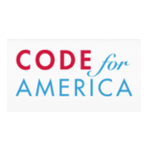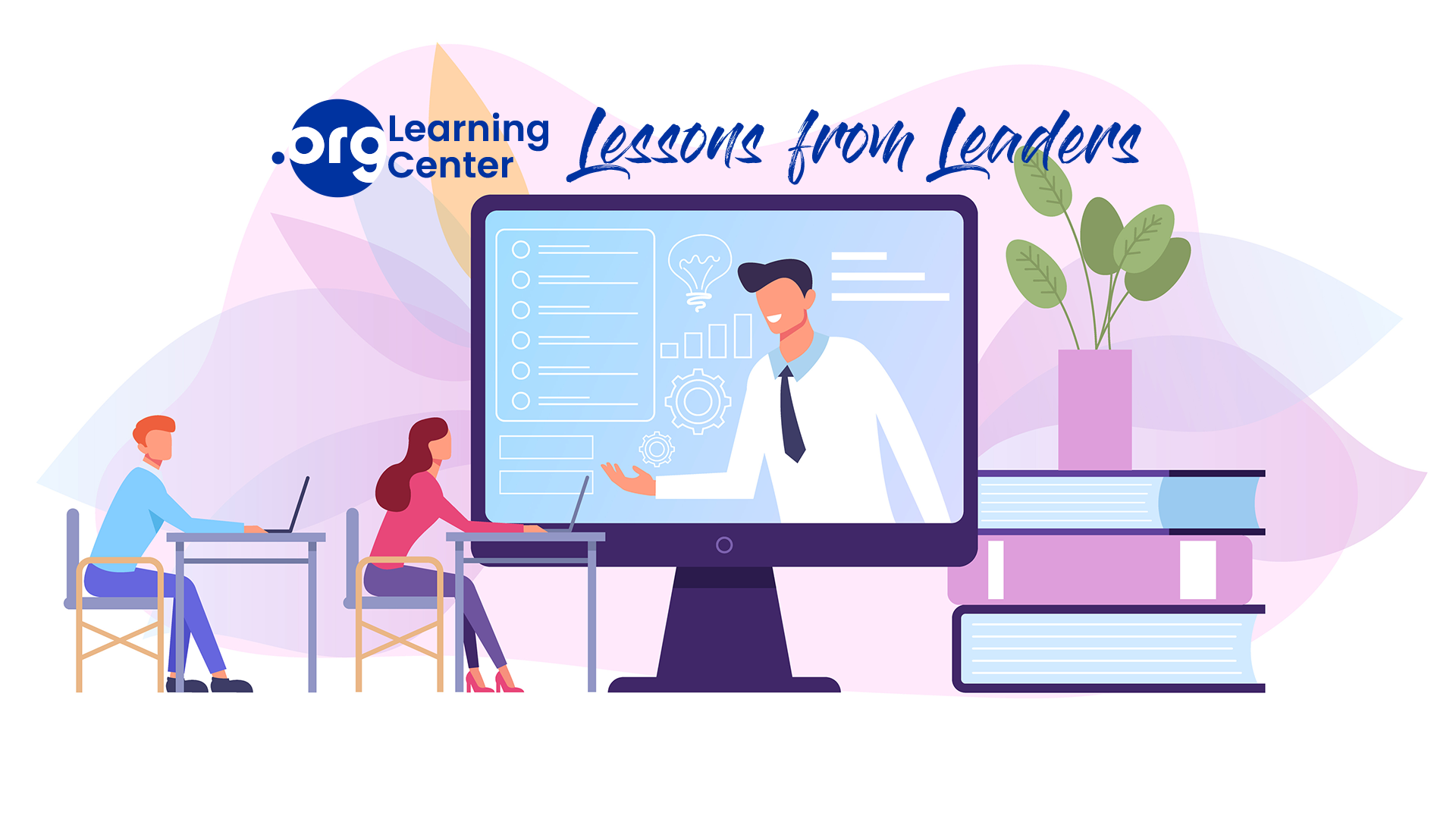Volunteers are critical to powering movements for social change and supercharging mission-based organizations to meet the scale of the crisis they seek to address. Some organizations—like Habitat for Humanity or Volunteer Income Tax Assistance (VITA) groups—even depend on volunteer support as their core model of change-making. So how do such organizations best support their volunteers to unlock as much power as possible?
Code for America is a nonprofit organization that works to identify civic issues and collaborates with local government and community partners to address them. The organization works with government and community organizations at all levels across the country to make the delivery of public services equitable with technology. Its national network comprises technologists, advocates, and organizers who build digital tools, change policies, and improve programs. They help people access government and community services and participate in civic activities, such as voting in elections.
A key pillar of Code for America’s operations is supporting and unlocking the power of thousands of volunteers nationwide.
For example, Code for America “Brigades” are volunteer groups that collaborate with local government and community partners to meet community needs. Volunteers include community organizers, technologists, designers, academic researchers, data journalists, activists, policy experts, web developers, and passionate, curious people who want to make life better and more equitable for all. There are over 80 Brigades who meet regularly to build, share, and learn about tools to create, support, and serve the public good.
Organizing a network of volunteers means that local leaders are empowered to make change in their communities and supported by training and resources from a national team. Volunteers also contribute to and help shape national-level priorities—Code for America’s “priority actions areas”—by voting on shared interests and lending critical skills to projects in those areas. Current priority issues addressed by the Brigades include (1) policing, (2) creating pathways for expunging criminal records, (3) voting rights, and (4) court notifications.
According to Meredith Horowski, Code for America’s Senior Director for the Brigade Network, one of the keys to her organization’s success is trusting volunteers. That means enabling volunteers to make decisions about program-wide focus areas, determining local partnerships, enforcing community norms locally, and developing governance structures that work for them. According to Horowski, “sometimes you have to hand over the keys.”
In sum, organizations with volunteers can learn from Code for America by trusting volunteers when they’re taking action toward the organization’s mission locally and learning the needs of local communities straight from the source.
Code for America Labs, Inc. is a non-partisan, non-political 501(c)(3) charitable organization whose mission is to work with governments and communities across the country to build digital tools, change policies, and improve programs. Their goal: a resilient government that effectively and equitably serves all Americans.


